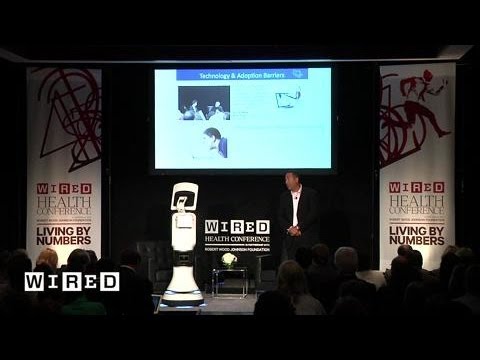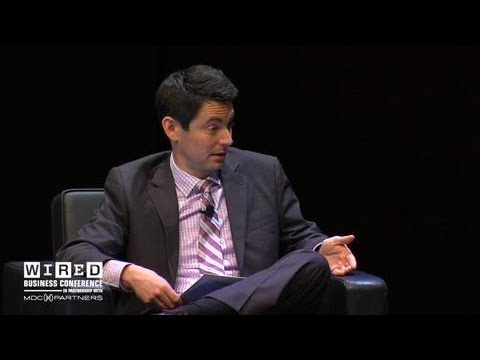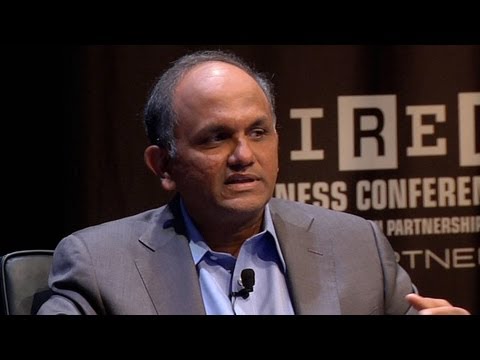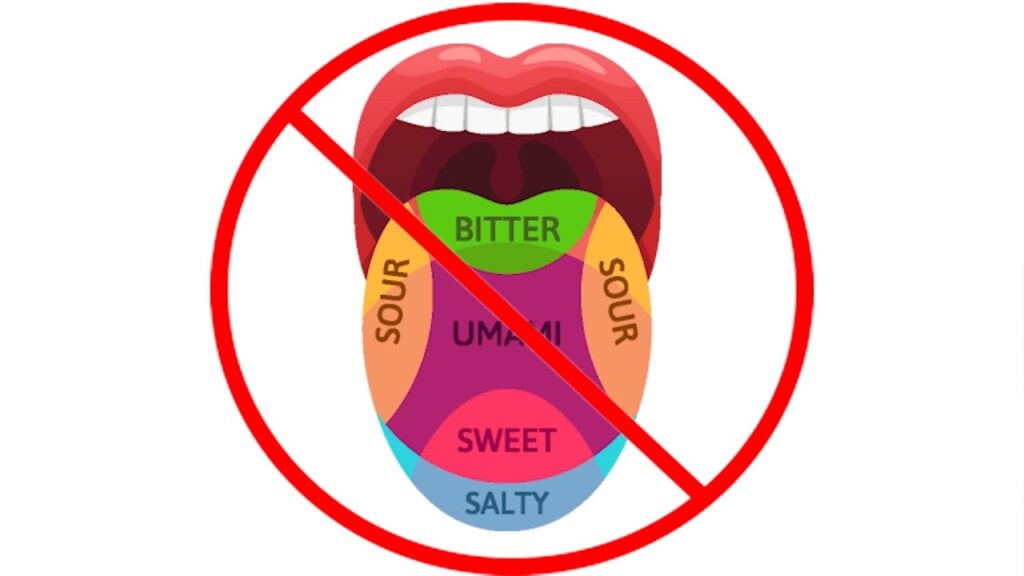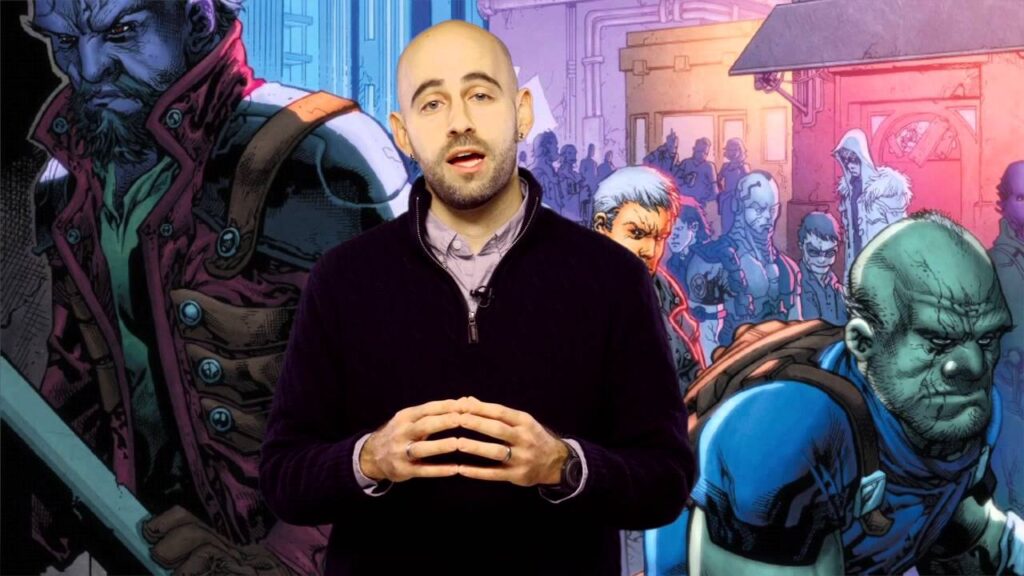Understanding Medical Data: The Varying Approaches of Doctors
Summary
In this article, we explore the varying approaches of doctors towards medical data. We discuss the importance of understanding the big picture of medicine and how medical data is changing. We also highlight the need for better tools and skills to collect and analyze data in a meaningful way.
Table of Contents
- The Varying Approaches of Doctors Towards Medical Data
- The Importance of Developing Skills to Work with Big Data
- Thanking the Interviewers for Catalyzing the Community
- Conclusion
The Varying Approaches of Doctors Towards Medical Data
The speaker notes that doctors are not all the same and are embedded in different systems that may or may not be friendly to certain types of data. They emphasize the importance of understanding the big picture of medicine and how medical data is changing. The speaker also notes that self-reported data can be just as accurate as physician-reported data, but physicians may be wary of noisy data that takes up too much time.
The Importance of Developing Skills to Work with Big Data
The speaker suggests that there is a need for better tools and skills to collect and analyze data in a meaningful way. They discuss the importance of developing skills to work with big data and how it can become a common skill like typesetting or cartography. The speaker also mentions that dealing with noisy data is a skill that can be learned and that making observations and analyzing data always leads to learning something.
Thanking the Interviewers for Catalyzing the Community
The speaker thanks the interviewers for catalyzing the community and creating a movement around big data. They also mention a quote from Robin Barua about the difficulty of doing science but the inevitability of learning from observations and analysis.
Conclusion
In conclusion, understanding medical data is crucial for doctors and healthcare professionals. By developing the necessary skills and tools to collect and analyze data in a meaningful way, we can improve patient outcomes and advance the field of medicine. We thank the interviewers for their contribution to the community and encourage all healthcare professionals to embrace the power of big data.
